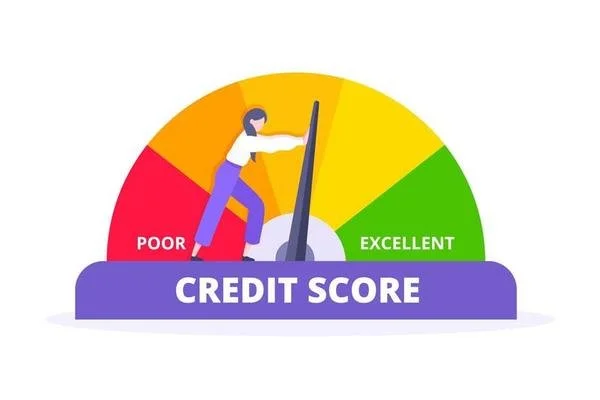Credit Scores 101: What They Are and Why They Matter for Women
Everyone has heard of a credit score, but do you really know what it means and how it affects your life? For many women, especially young professionals, students, and single moms, the world of credit can feel intentionally confusing. But understanding your credit score is one of the most powerful steps you can take toward financial independence and long-term stability.
What Is a Credit Score, Anyway?
Your credit score is a 3 digit number that represents your creditworthiness. It typically ranges between 300-850, and this number is made up of multiple different factors that determine the likelihood of you repaying money that is lent to you. Lenders use this number to decide whether to approve you for credit cards, car loans, mortgages, and more.
There are two major scoring models, FICO and VantageScore but both use similar criteria:
Payment history (35%) – Do you pay your bills on time?
Credit utilization (30%) – How much of your available credit are you using?
Credit history length (15%) – How long have your credit accounts been open? (The longer your history, the better)
Credit mix (10%) – Do you have a variety of credit types (e.g., loans + credit cards)?
New credit (10%) – Have you opened or applied for a lot of credit recently?
Why Credit Scores Matter More for Women
Everyone needs to care about their credit score. It determines a lot of how your life is going to go, and it provides companies with a look into your financial status. While credit scores are important for everyone, women are in a more high stakes position when it comes to dealing with their credit score. According to recent studies, women tend to carry more student loan debt, earn less over time due to the wage gap, and are more likely to take career breaks for caregiving.
These factors can affect our ability to build and maintain strong credit. And without good credit, major milestones become harder to reach:
You’ll pay more in interest. A low credit score = higher interest rates on everything from cars to homes.
You may get denied housing. Many landlords check credit scores before approving a lease.
You may pay higher deposits. Utilities and phone companies may charge you more upfront if you have low credit.
You might even miss out on job opportunities. Some employers (especially in finance or government) check credit reports as part of their hiring process.
5 Simple Ways to Start Building (or Repairing) Your Credit
Credit is a tool, and it’s one you can learn to use with practice. Here’s where to start:
Check your credit report.
You can access a free copy of your credit report once a year from all three major bureaus (Equifax, Experian, and TransUnion) at AnnualCreditReport.com, or CreditKarma. Look for errors, old debts, or signs of fraud.Pay your bills on time—every time.
Payment history is the most important factor. Set up autopay or reminders to make sure you never miss a due date.Keep your credit utilization low.
Try to use less than 30% of your available credit (ideally under 10%). If you have a $1,000 limit, try not to carry a balance over $300.Don’t close old accounts (if you can help it).
The age of your oldest credit account matters. Even if you don’t use a card anymore, keeping it open and active can help your score.Avoid applying for too much new credit at once.
Every application triggers a “hard inquiry,” which can slightly lower your score. Be strategic about when and why you apply.
Empowerment Through Education
Financial systems haven’t always been built with women in mind. In fact, until the Equal Credit Opportunity Act of 1974, a woman couldn’t even open a credit card in her own name without a male co-signer. That’s not ancient history: it’s our mothers’ or grandmothers’ reality.
That’s why learning about credit isn’t just about money. It’s about freedom. It’s about options. It’s about building the kind of future you don’t need to be rescued from.
You don’t need to be perfect. You just need to be aware and in control.

